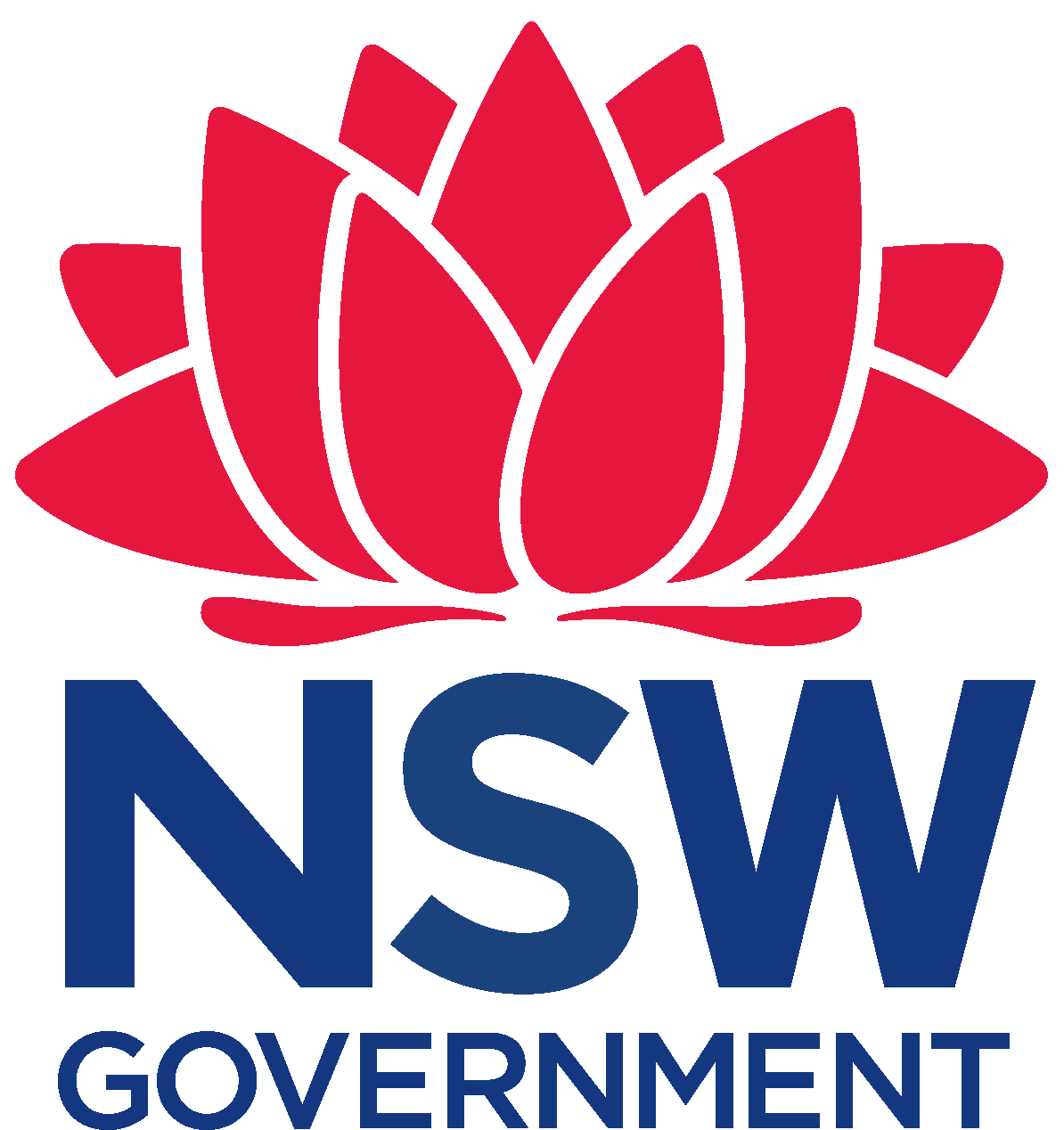Incorporating benchmarking into your farming enterprise is a highly valuable skill for continuous improvement and success. Understanding what benchmarking is and how it can improve your farming practices is fundamental for your business.
Understanding benchmarking
Benchmarking is a tool used in agriculture to compare costs, product quality and customer satisfaction. Benchmarking is about comparison and, is the process of comparing your business’s performance, processes, products or operations against other parts of your business, competitors or best practices in the industry. By utlising benchmarking you are able to uncover insights into where your farming business is excelling and where there are performance gaps and room for improvement.
Unlocking the benefits
There are significant benefits that can be gained by using benchmarking practices to improve efficiency, productivity, and profitability. Benchmarking is important within farming to identify opportunities for growth, provide insights, make better decisions and drive continuous improvement. Some key benefits include:
- Making informed business decisions: benchmarking provides you with important facts and figures that give you a better understanding of your farming business performance, allowing you to make informed business decisions based on this knowledge.
- Long term success: Understanding your business in depth and benchmarking your performance are fundamental tools for long-term success.
- Identifying opportunities: Benchmarking helps farmers identify opportunities for improvement within their business. By identifying performance gaps, farmers can priortise areas for further investment and innovation.
- Risk Mitigation: Benchmarking against industry standards and best practices allows farmers to identify potential risks and take action to mitigate these risks to ensure business stability and resilience.
How to get started
Gather financial statements
Begin your benchmarking journey by collating your farm’s business annual financial statements, including your profit and loss statements and balance sheet. These documents provide a great summary of your business’ financial health, outlining liabilities, assets and performance over the past financial years. You can adjust the asset values to reflect current market conditions, especially if there has been significant changes since the end of the financial year. Once you have the assets, the liabilities and the business performance data available you can start working on benchmarking.
Internal benchmarking
Before comparing your farm’s performance with industry benchmarks it is important to conduct internal benchmarking. Assess your businesses performance against its past performance to identify areas of improvement or decline.
For many businesses a focus on measuring their level of debt is a good place to start. An effective level of debt is important for long-term viability. This can be measured by equity, debt to income ratio, finance costs as a % of farm income, return on equity calculations – all information can be obtained from the financial statements.
Analysis over a reasonable period of time is important because incomes can be highly variable, particularly in the cropping industry. Spreading analysis over a number of years can also indicate any trends.
Avoid relying on one single indicator, instead assess a range of indicators to gain a comprehensive understanding of your farm’s business performance. Success often depends on achieving the appropriate balance of capital efficiency, economic operation scale and debt to equity ratios.
What’s Next?
To begin your benchmarking journey and enhance your efficiency, productivity and profitability, get in contact with the Rural Financial Counselling Service. Our Rural Financial Counsellors will help you consider your individual situation and circumstances. RFCS NSW offers support and tools to help farmers understand benchmarking and unlock sustainable success. Contact your local Rural Financial Counsellor at RFCS NSW on 1800 319 458.



